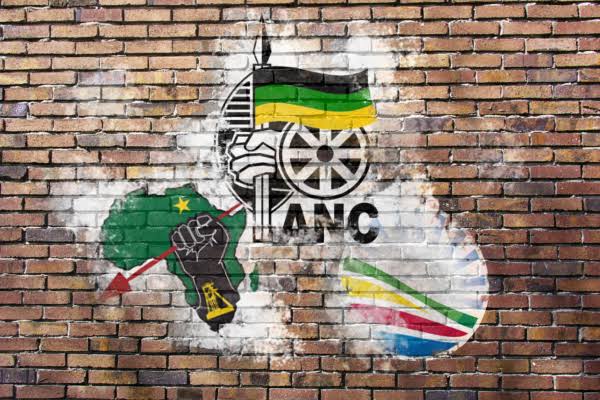It appears that government coalitions are not working as they are supposed to Photo BusinessTech
South Africa – Are government coalitions working in South Africa? A simple question presented to Dr Ntsikelelo Breakfast, a Political Analyst, to which he replied, “of course not”. Coalition governments have proven to have some success in Europe and other parts of the world. However, in South Africa, it has proven to be a turbulent endeavour.
So, what are government coalitions? They are partnerships formed by rival political parties either for shared control in specific regions or to oppose a bigger and stronger party. They are joined when two or more parties receive less than the average votes in an election.
The idea of a coalition is still relatively new in South African politics. As such, many obstacles could ensure its failure if not addressed, as the country has always been a one-party ruling nation throughout its history. It does not have an understanding or framework to ensure the success of political coalitions.
The problem is how do these parties with different commitments and ideologies work in unison to benefit the people they serve?
In recent times, South Africans saw many politicians forming coalitions, either aligning with bigger or smaller parties. However, not long after said alliances did things begin to fall apart.
“When one examines the coalition formations covering the period of 2016 and the period to date, it’s quite clear that they have been unworkable and unstable simply because there seems to be a missing link between the coalition”.
Suppose they cannot agree on the purpose and direction of local governments. What happens when a coalition is instituted at a national level, and parties are made to compromise their self-interests for their partners?
“The Political Elite has a tendency to rush into coalition formations without developing a conflict management mechanism to deal with their own contradictions”, says Dr Breakfast.
One of the critical issues he mentions is the lack of oversight of an independent body that can hold parties in the coalition accountable when they breach their agreements. A body which would mediate disputes and assist in conflict resolutions when political ideologies are challenged.
This need for conflict management becomes essential, especially in an era where national government coalitions are becoming more likely.
The other problem with coalitions is that political party leaders tend to enter these agreements out of their accords. They ignore the opinions of the citizens and local leaders who are affected by the outcomes of their decisions.
Dr Breakfast says that it is essential to get citizens involved because it is the democratic thing to do, to get their opinions and views. After all, they are voting for the political parties to serve them. They are not voting for coalitions that do not work in their favour.
“You need active citizens. Citizens must be taken on board when these coalition formations are made so that they can express their will. Because as things stand, it’s only arrangements that are made by politicians. When the electorate goes to polling stations, they don’t get the opportunity to make [a point] whether they would agree with a coalition formation or not. It’s the political elite that enters into these affirmations, so that makes coalition formations less democratic”.
